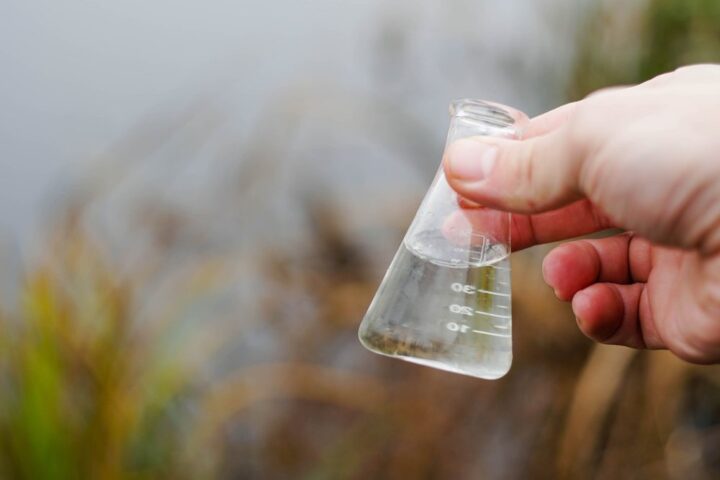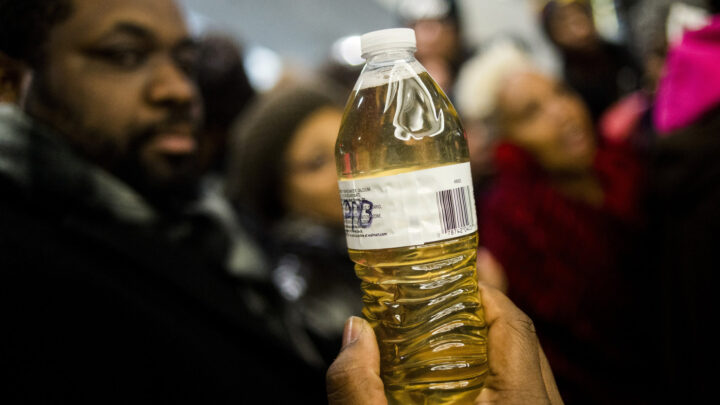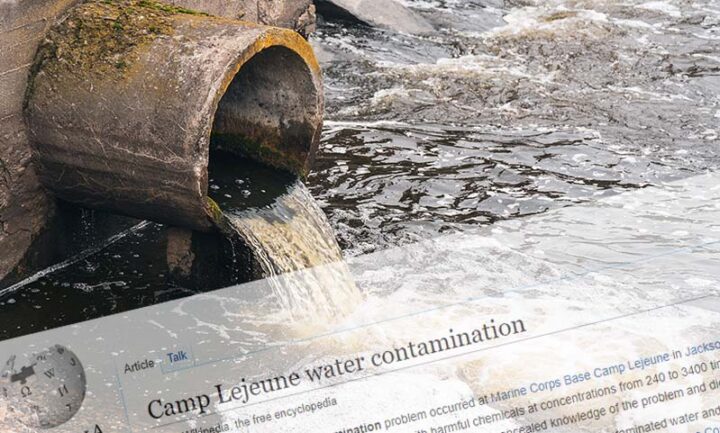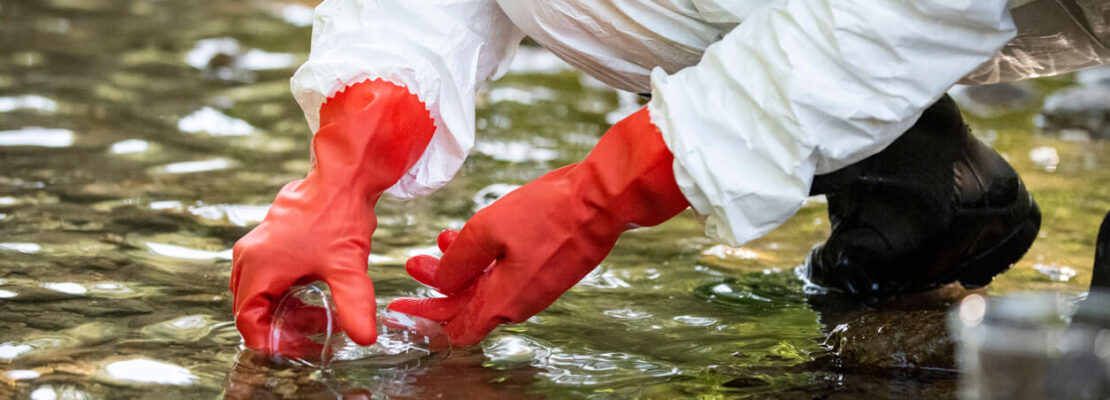Imagine working in the yard for a few hours on a hot summer day. You could kill for a glass of water, right? Unless it kills you.
Globally, at least 2 billion people consume water from a source that is contaminated with feces. So yes, drinking water has already proven to be lethal for many unfortunate people, especially in the U.S.
Thanks to litigation, many of the water contamination victims have received compensation. Of course, it didn’t play out very well for those who had to bear the brunt.
6 Major Lawsuits Involving Drinking Water Contamination

Here’s our list of the top 3 contaminated drinking water lawsuits in the U.S.:
1. Flint Water Lawsuit
The Flint Water Crisis is one of the most notorious examples of contaminated drinking water in the United States. The crisis began in 2014 when the city of Flint, Michigan switched its water source from Lake Huron to the Flint River in an attempt to save money. The river water was not properly treated, which resulted in the release of lead and other contaminants into the city’s drinking water supply.
2. Background of the Crisis
Flint had previously been receiving its water from the Detroit Water and Sewerage Department, but a decision was made to switch to the Flint River in April 2014. The switch was supposed to be temporary until a new pipeline to Lake Huron could be completed. However, the water from the Flint River was not properly treated, which caused lead to leach from pipes into the drinking water supply.
3. Contamination of the Water Supply

The untreated water from the Flint River was highly corrosive, which caused lead to leach from the pipes and into the drinking water supply. Lead exposure is particularly harmful to children and can cause developmental delays, learning difficulties, and behavioral problems. In addition to lead, the water also contained high levels of bacteria, including E. coli and Legionnaires’ disease, a severe form of pneumonia caused by inhaling mist containing the Legionella bacteria.
4. Health Consequences for Residents
The residents of Flint were exposed to high levels of lead in their drinking water for over a year before the state finally acknowledged the problem. The children of Flint were the most affected, with reports indicating that as many as 12,000 of them had been exposed to lead. The long-term health effects of lead exposure are still not fully understood, but it is known to cause a range of problems including developmental delays, learning difficulties, and behavioral problems.
4. Legal Actions and Outcomes
The Flint Water Crisis resulted in a number of legal actions against the state of Michigan and various officials involved in the decision to switch the city’s water source. In 2016, Michigan Attorney General Bill Schuette charged two state environmental officials and one city official with involuntary manslaughter related to the deaths of at least 12 people from Legionnaires’ disease. In addition, a class-action lawsuit was filed on behalf of Flint residents against the state of Michigan, which resulted in a $600 million settlement in 2020.
The Flint Water Crisis serves as a reminder of the importance of clean drinking water and the consequences that can result from neglecting this vital resource. It also highlights the need for government officials to take swift action to address environmental crises and protect the health and wellbeing of their citizens.
5. Camp Lejeune Lawsuit

Contaminated Drinking water can cause some of the most deadly illnesses, as is the case in the Camp Lejeune Toxic Water Lawsuit. In 1982, 2 of the 8 water treatment plants in the Marine Corps Base in Camp Lejeune were found to contain cancer-causing toxic chemicals and VOCs (volatile organic compounds).
As a result, over a million people have been affected and diagnosed with deadly diseases, including several kinds of cancer, renal toxicity, scleroderma, and more.
Today, under the Camp Lejeune Justice Act, anybody residing at least 30 days in the base when the incident took place can file a lawsuit.
This includes:
- Personnel on active duty and former service
- Living family members on the base
- Non-military staff
- Those that weren’t yet born but in utero of the mothers present there
6. DuPont Lawsuit
The next case on the list is the one involving DuPont, a chemical company based in Parkersburg, West Virginia. Since 1988, various lawsuits have been filed against it, with the primary charge of contaminating local drinking water bodies with PFOA (Perfluorooctanoic acid).
Research shows that the agent used for manufacturing Teflon, upon contaminating drinking water, causes as many as six illnesses. These include kidney and testicular cancer, among others, once the water is consumed.
In the first class action lawsuit, DuPont settled for providing medical monitoring worth $235 million for over 70,000 people. Again, in 2017, the chemical giant settled around 3550 lawsuits with a payout of $671 million.
Rob Bilott played a pivotal role against DuPont and represented 70,000 people that were drinking PFOA-contaminated water. There’s even a movie named Dark Waters, released in 2019 starring Mark Ruffalo, that dramatically tells his story. You might as well check that out.

Summing Up
It is indeed unfortunate that so many people are affected by drinking water contaminants, and the lack of data on these incidents only makes the situation worse. Without proper records and information, it is difficult to address the issue and prevent it from happening in the future. However, there is hope that with landmark judgments and advocacy from world leaders, steps will be taken to protect the global water supply.
As individuals, it is important to take responsibility for our own drinking water and have it tested regularly. This can help identify any contaminants and ensure that our families and communities are not being exposed to harmful substances. Clean and safe drinking water is a basic human right, and it is up to all of us to do our part in protecting this vital resource.




